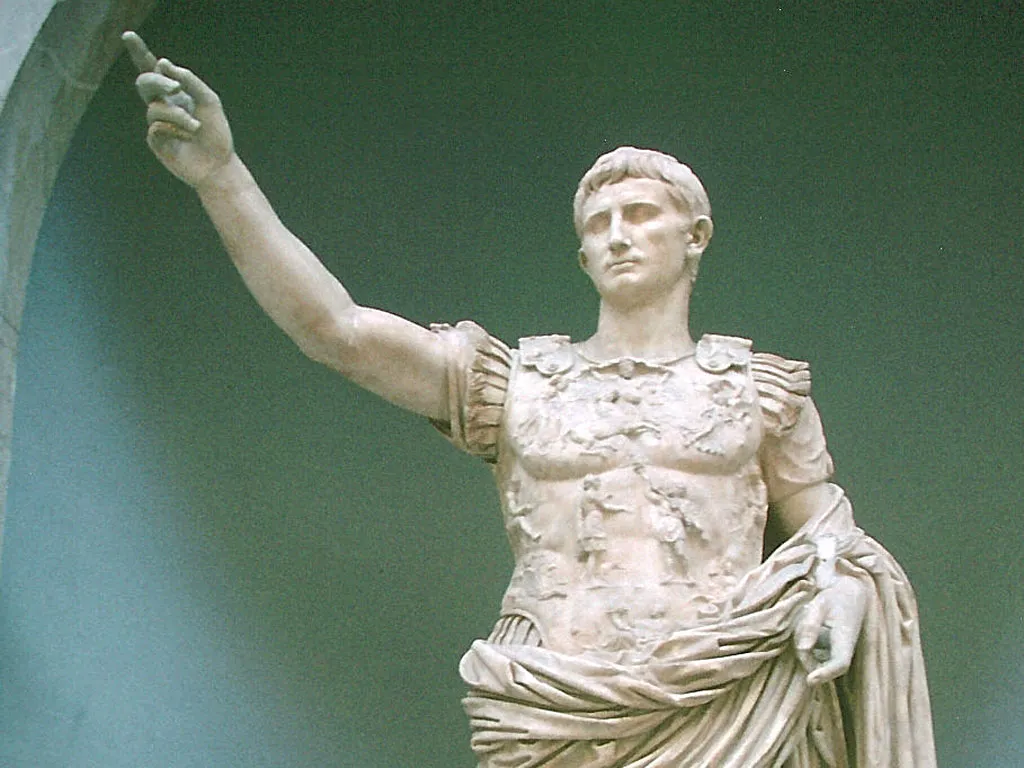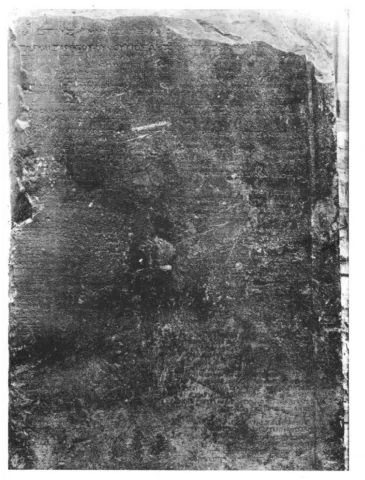
There are three documents dealing with roman citizenship granted by Octavian which are contained in a long rectangular limestone block found in Rhosos’ ancient ruins. Each one of these inscriptions reveals something about a citizen of Rhosos who was particularly appreciated and respected by the emperor himself: Seleukos son of Theodotos, the loyal sea-captain.

The second of the inscriptions was written by Octavian while in Ephesus (right after the battle of Actium, where he defeated Mark Antony, 31 b.C.) where an embassy of Rhosos came leaded by Seleukos. It was extremely important for the city to have a man beloved by Octavian during the tricky moment of prizes and punishments distribution: Seleukos had campaigned together with the triumvirs, was under his command and showed extraordinary courage for the sake of the Republic.
Previously, after Julius Caesar’s death, Rome entered a period of civil wars that involved numerous naval battles. Even after Octavian and Mark Antony’s victory at Philippi, the rebel Sextus Pompeius sheltered in Sicily and controlled large areas of the Mediterranean sea. Roman generals had traditionally made use of the superior naval skills of their allies and the presence of foreign sea-captains was not unprecedented.
So Octavian was indebted to this man and, consequently, would favour the city in which his sea-captain was born. He showed to be interested in Rhosos and listened carefully what the embassy said because of his affection towards Seleukos. He pronounced kind words for his sea-captain, giving him Roman citizenship (politeia) but also immunity (aneisphoria) for Seleukos, his parents, wife, and descendants because of Seleukos’s good-will (eunoia), loyalty (pistis), and bravery (andreia). After the Roman general’s final victory, no polis in the East would obviously reject the possibility of establishing bonds of friendship with the future dynastic ruler.
